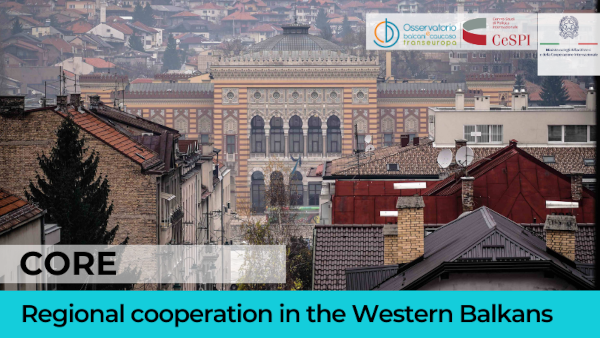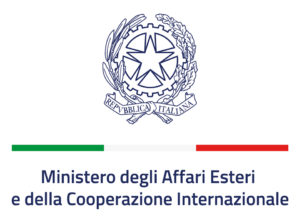Regional Cooperation in the Western Balkans CORE

Regional cooperation is a pillar of the stabilisation and association process of the Western Balkan countries, and has been considered as an opportunity to overcome the existing divisions between the civil societies in these countries. Over the past two decades, the number of regional cooperation initiatives has increased significantly, while the enlargement process has slowed down.
The project seeks to improve the understanding of regional cooperation mechanisms and initiatives that contribute to the European integration agenda of the six Western Balkan countries, in order to be able to further strengthen the virtuous paths. The research work aims to identify and analyse the existing regional cooperation initiatives in the region, comparing them to the empirical analysis of the Berlin Process experience. In addition, the project intends to explore the reasons for the success of the Berlin Process and the role played by the political elites and the European Commission in realising its intended goals.
News:
Project partner:

This project is realized with the support of the Unit for Analysis, Policy Planning, Statistics and Historical Documentation – Directorate General for Public and Cultural Diplomacy of the Italian Ministry of Foreign Affairs and International Cooperation, in accordance with Article 23 ‒ bis of the Decree of the President of the Italian Republic 18/1967.
The views expressed are solely those of the authors and do not necessarily reflect the views of the Ministry of Foreign Affairs and International Cooperation.





